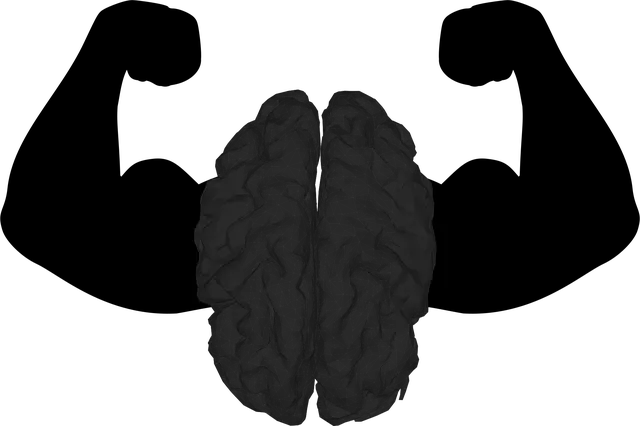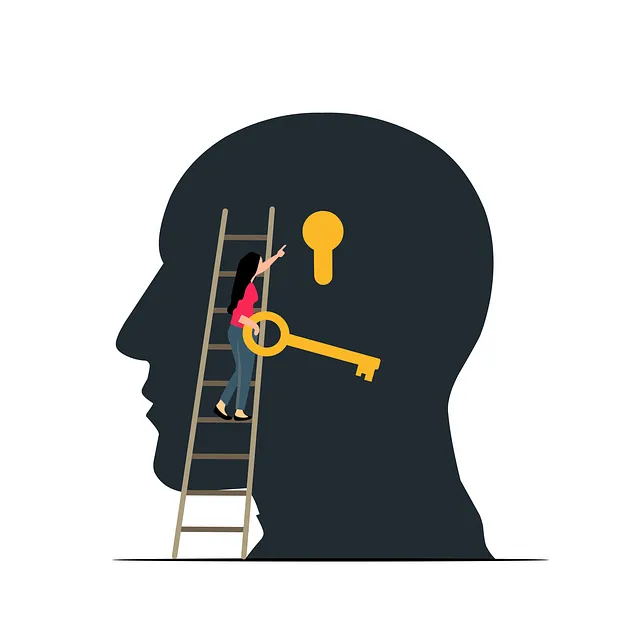Cultural competency is crucial for Longmont Kaiser mental health programs serving a diverse community. By addressing cultural biases and stereotypes, these initiatives aim to improve mental illness treatment outcomes through tailored support services, community outreach, and comprehensive training for healthcare providers. Emphasizing inclusive care environments and integrating mental health education with mindfulness meditation, Longmont Kaiser sets a standard for culturally sensitive healthcare, fostering stronger, more accessible communities.
Healthcare provider cultural competency training is an essential aspect of modern medical practice, particularly in diverse communities. This article explores the critical need for such training, focusing on its impact on mental healthcare services. We delve into the challenges posed by cultural biases and stereotypes, using Longmont Kaiser Mental Health Programs as a successful model of culturally sensitive care. Additionally, effective training strategies are discussed to empower providers in delivering inclusive and compassionate patient-centric care.
- Understanding Cultural Competency in Healthcare: A Necessary Overview
- The Impact of Cultural Bias and Stereotypes on Mental Health Care
- Longmont Kaiser Mental Health Programs: An Example of Culturally Sensitive Practice
- Strategies for Effective Training: Equipping Providers to Deliver Inclusive Care
Understanding Cultural Competency in Healthcare: A Necessary Overview

Cultural competency in healthcare refers to the ability of providers to understand and appreciate the cultural diversity of their patients, families, and communities. It involves recognizing and respecting different values, beliefs, practices, and communication styles across diverse populations. This is particularly crucial in an area like Longmont where Kaiser mental health programs cater to a varied demographic. In today’s world, where migration and multiculturalism are on the rise, healthcare providers must be equipped to deliver culturally sensitive care that addresses not just physical health but also mental wellness.
The need for such training cannot be overstated, especially when considering the impact of mental illness stigma reduction efforts. Effective communication strategies developed through cultural competency training can foster trust between patients and caregivers, leading to better engagement in mental health coaching programs. By understanding the unique backgrounds and experiences of their clients, mental wellness coaches can tailor interventions that resonate with individuals from various cultural backgrounds, ensuring more successful outcomes in treating mental illnesses.
The Impact of Cultural Bias and Stereotypes on Mental Health Care

Cultural biases and stereotypes can significantly impact mental health care, often hindering effective treatment and support for individuals from diverse backgrounds. When healthcare providers hold implicit or explicit biases, they may unconsciously influence their interactions with patients, leading to misdiagnoses or inappropriate treatment plans. For instance, a provider’s preconceived notions about a patient’s cultural practices or beliefs could result in overlooking essential symptoms or not addressing specific mental health concerns that are culturally nuanced.
Longmont Kaiser mental health programs recognize the critical need for cultural competency training. By implementing community outreach program initiatives, these programs aim to foster understanding and appreciation of diverse cultures. Encouraging positive thinking and promoting mental wellness coaching programs can further benefit patients by providing tailored support. Such approaches help healthcare providers in Longmont break down barriers and create inclusive care environments that respect and honor individuals’ unique cultural identities, ultimately enhancing the effectiveness of mental health services.
Longmont Kaiser Mental Health Programs: An Example of Culturally Sensitive Practice

The Longmont Kaiser Mental Health Programs stand as a shining example of culturally sensitive practice within the healthcare industry. These programs are meticulously designed to cater to a diverse range of patients, recognizing and respecting their unique cultural backgrounds, beliefs, and needs. By integrating mental health education into the fabric of these initiatives, Longmont Kaiser not only promotes positive thinking but also fosters a deeper understanding of mindfulness meditation as a tool for healing and wellness.
Through these programs, healthcare providers gain invaluable training in cultural competency, enabling them to offer personalized care that transcends linguistic and cultural barriers. This approach ensures that every patient receives support tailored to their specific circumstances, ultimately enhancing the effectiveness of mental health services and fostering stronger, more inclusive communities.
Strategies for Effective Training: Equipping Providers to Deliver Inclusive Care

Effective cultural competency training for healthcare providers involves a multi-faceted approach that goes beyond surface-level awareness. Longmont Kaiser mental health programs emphasize immersive experiences, role-playing scenarios, and ongoing support groups to foster genuine understanding and empathy. By engaging in these dynamic strategies, providers can develop the nuanced skills needed to deliver inclusive care tailored to diverse patient backgrounds.
Incorporating elements from Mental Health Policy Analysis and Advocacy into the training curriculum ensures that providers not only understand cultural nuances but also grasp the systemic barriers impacting mental health access. This holistic approach, coupled with Stress Management techniques like Mind Over Matter Principles, equips healthcare professionals to create safer, more welcoming environments where patients feel seen, heard, and supported.
Cultural competency training is a critical component in enhancing healthcare delivery, especially within diverse communities. As evidenced by the successful practices at Longmont Kaiser Mental Health Programs, culturally sensitive approaches significantly improve patient outcomes and satisfaction. By addressing biases and stereotypes, healthcare providers can offer more inclusive care that respects and values every individual’s unique cultural background. Implementing effective training strategies, as outlined in this article, is a step towards creating a more equitable healthcare system where everyone receives the best possible treatment, regardless of their cultural identity.






